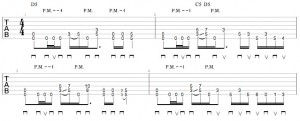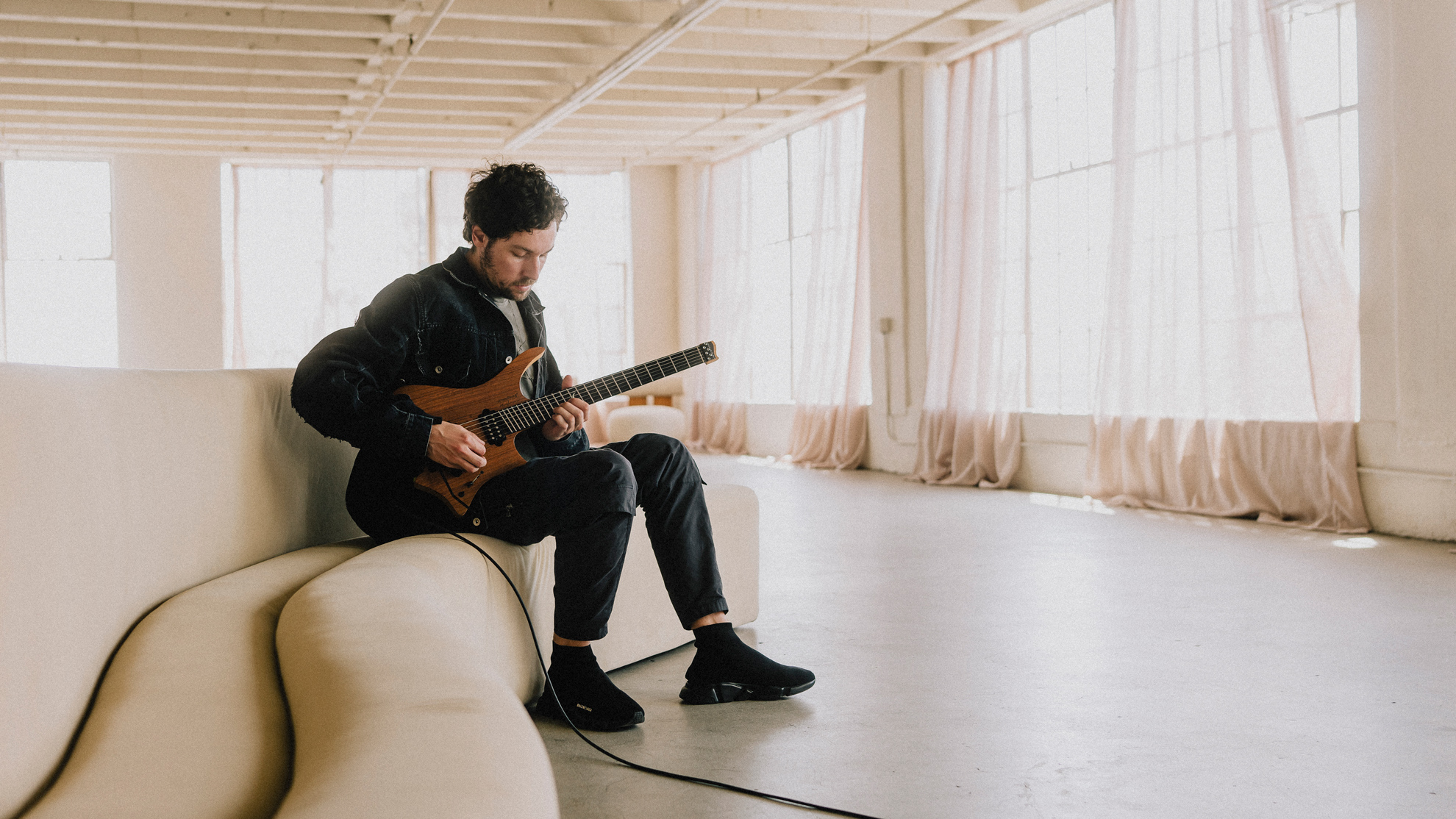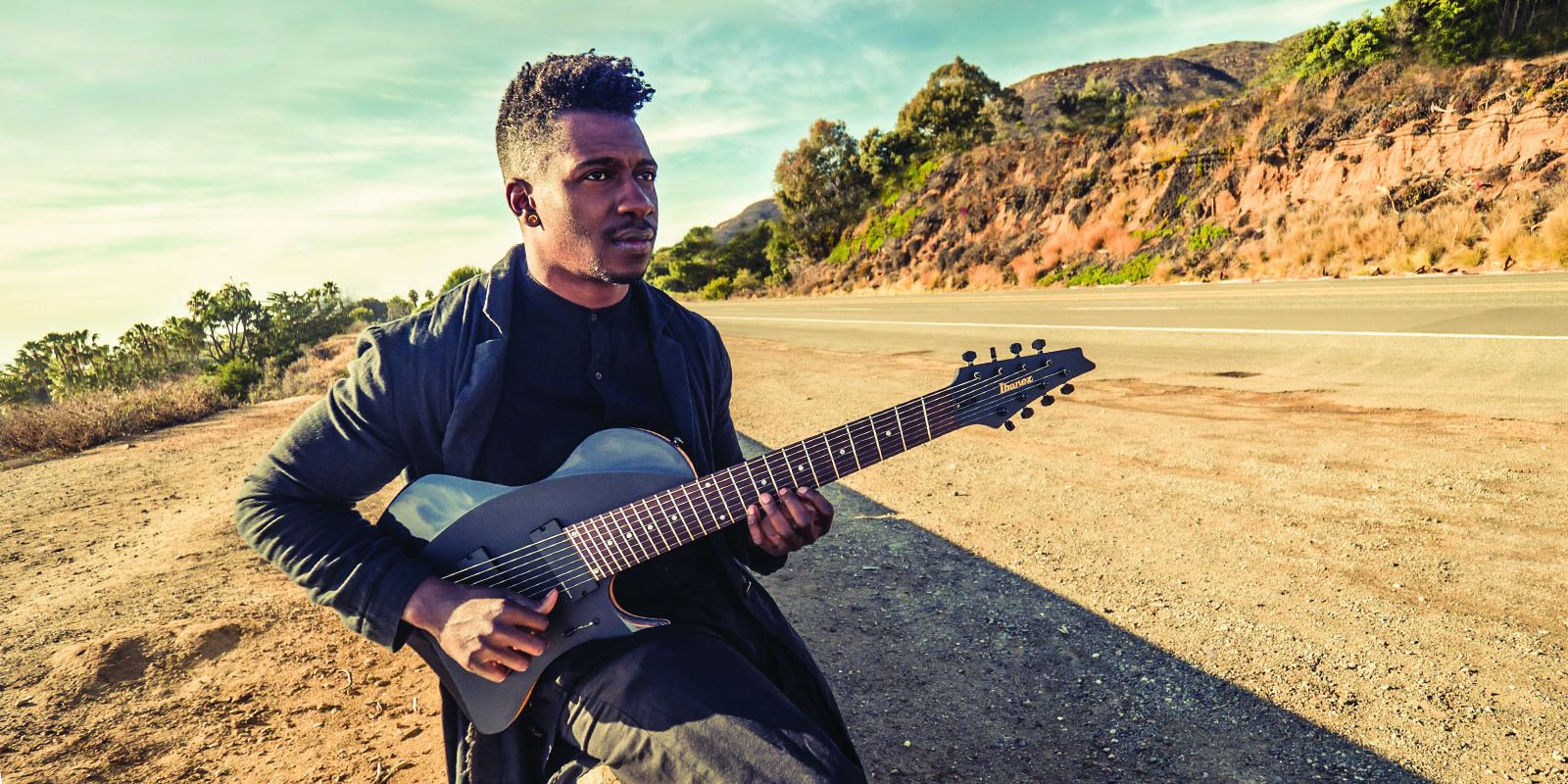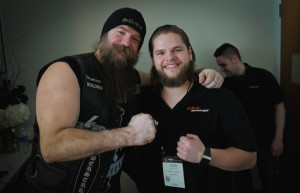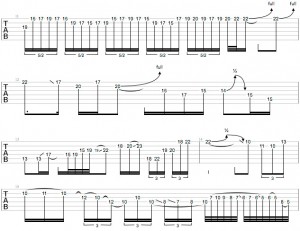Greetings to everyone at Guitar Messenger! I’m excited to have the opportunity to contribute to the Guitar Messenger community with this article. If you are a beginner who is thinking about buying your first guitar, you have come to the right place. Whether you have never picked up a guitar before or already know a few chords and riffs, I will point you in the right direction to making this important purchase.
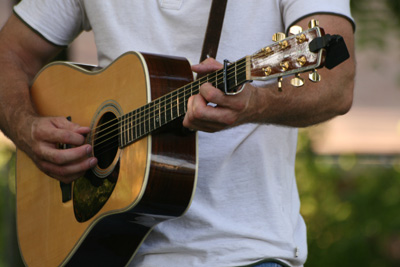
Ideally, you want to buy a guitar that will make you happy for years. You will be spending countless hours playing your instrument. You should buy a guitar that complements your personality and physical attributes, as well as the genre(s) of music you want to play.
There are many factors that go into purchasing your first guitar. Like buying a new car, your first guitar purchase should be carefully thought out. Buying a good guitar is an investment.
Fortunately, there are many great guitars out there that aren’t too outrageous in price and will serve you well for years. Before we get into specifics, let’s evaluate where you are with guitar playing and where you want to go.
One of the first things you need to consider is your level of dedication. Of course, this consideration is impossible to determine if you have never picked up a guitar before. How will you know if you are going to become a serious guitarist or just noodle around every now and then?
For this reason, try learning the basics before investing in a good guitar. If you are an absolute beginner, I would recommend borrowing a friend’s old guitar or buying a cheap acoustic to use initially.
The benefit of starting out on a cheap or borrowed acoustic is to simply find out if you want to pursue guitar. If you take some lessons and find that you don’t like it, then you didn’t waste money. Learn the basics like open chords, strumming, and a few easy riffs. If you want to continue, you are ready for an upgrade. You will most likely decide to get a better acoustic or an electric rather quickly. Now the fun begins.
It’s time to determine what kind of guitar you want. I have broken down several factors you should consider and questions you should ask yourself.
Do Your Research
If you are reading this article, that’s a great start! It is important to become educated about guitar products. Use the Internet to guide your initial research.
MusiciansFriend.com is a great source to see what is out there in the world of guitar products. This website categorizes guitars by brand, price range, and category. You can get a feel for the general list prices for a wide range of guitars and customer reviews are also featured. Although you can make a guitar purchase online through MusiciansFriend.com, I would advise physically going into a guitar store to play the instrument before you buy it.
Also, check out the many guitar magazines that are available. You can find these at any Barnes and Noble, Borders – almost anywhere magazines are sold. All of these magazines have websites, as well. Publications like Guitar World and Guitar Player are excellent resources for guitarists to stay current on music news, read interviews with professional guitarists, and check out the latest gear. Read interviews with your favorite guitarists – many of them love to talk about the guitars and gear they use.
This website, GuitarMessenger.com, has a ton of great content for research. Browse the rest of the site to find reviews, lessons, and interviews with a diverse range of guitarists from many genres. You can also ask questions on the site’s forum.

Fender Telecaster
Talking to musicians in your community is a great way to get opinions and recommendations for instruments. Most guitarists are stoked to find someone wanting to learn guitar and will be more than happy to offer some advice and insight.
What Kind Of Music Do You Want To Play?
No one type of guitar is used exclusively for one type of music, but some guitars are characteristic of a specific sound. If you want to play hard rock or metal, brands like Gibson, Music Man, Ibanez, ESP, Dean, Jackson and B.C. Rich offer a range of suitable instruments. Not only do these guitars have the right look for aggressive music, but each instrument’s combination of woods and pickups are excellent at driving high-gain amps to create heavy distortion.
If you’re into country and bluegrass, the bite and twang of the Fender Telecaster makes it an essential instrument. Other Fenders like the versatile Stratocaster and the Jaguar are good for blues, rock, punk, ska, and alternative rock. For jazz and rockabilly, a hollow body electric, such as a Gibson ES-335, will give you the warmer, darker sound you’re looking for. For more on how the body wood of a specific guitar affects your tone, see this article.
Another approach to selecting an instrument is to find out what brands your favorite guitarists play. If you are a huge Led Zeppelin fan and want to play like Jimmy Page, for example, you might want to look into the Gibson Les Pauls. If you love Pink Floyd and want to play like David Gilmour, go with a Fender Strat.
Benefits Of Acoustic
If the sound you are going for is more acoustic based, you can look into acoustic guitars – some called acoustic-electrics even have pickups inside the body cavity, meaning that you can use a DI box to connect to mixing boards, recording interfaces and acoustic amplifiers. Brands like Yamaha, Takamine, and Peavey offer good mid-range acoustics and acoustic-electrics.
An acoustic guitar without pickups can be miced with a condenser microphone or two for recording or playing larger venues. Good acoustic brands include Gibson, Martin, and Taylor. These brands can get very expensive, but they do offer cheaper models, and for a beginner both varieties of acoustic guitars can be much cheaper than electrics because you don’t need to purchase an amplifier or effects to get a great tone out of them.
As I stated before, it can be beneficial to begin learning on a nylon or steel string acoustic. Also, acoustics tend to be more difficult to play, therefore if you are able to wrestle with a cheap acoustic, when you finally move on to a better acoustic or an electric, it will be that much easier to play. Acoustics are also portable and loud enough you can play in smaller public settings without having to lug around an amp or worry about finding a place to plug it in.
Your Local Guitar Store
Going to a guitar shop is like going to a candy store when you were a kid. Have fun and try out as many guitars as you can. Go with a friend or someone else who plays guitar. They will be able to tell if a guitar is decent and can spot any major flaws in the instrument.
Sit down with the guitar yourself. Even if you don’t know how to play anything yet, fret every note on the guitar. The strings should be easy to push down against the fretboard. Make sure you don’t hear any buzzing sounds. Look at the neck and notice if there are any cracks or warps in the wood. Try different types of guitars and see what resonates with you. Sometimes you’ll find an instant connection to the instrument. The guitar should be comfortable in the sitting position as well as standing up.
Ask a salesman if you can try on a strap to see how the guitar feels while standing. Pay attention to the guitar’s weight and the proportion of the guitar to your body. For example, if you are a younger player with smaller hands, a Les Paul will most likely be heavy and difficult to play.
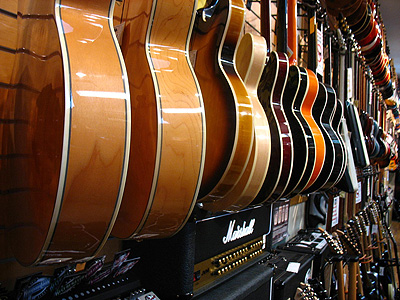
Spend some time finding the instrument that you will be most comfortable with. Comfort becomes very important during long practice sessions.
Play each guitar through a good amplifier. First, start on a clean channel. Play every note on the guitar and make sure there is a clear, undisturbed sound coming from the amp. Next, turn on the overdrive or distorted channel. Listen to the crunch and see if it’s to your liking.
Be sure to see how the guitar interacts with several different types of amps, as the amp contributes greatly to your tone, as well.
The most important thing to note is that you don’t want to hear any loud squeaks, cracks, or hisses through the amp. If you hear interference, there could be an issue with the pickups and the guitar’s wiring.
Also, be aware of the salesman you are dealing with at the store. There are great salesmen out there who deeply care about guitar playing and want to sell you the right instrument. However, many salesmen are paid on commission and want to sell you products that benefit them monetarily, which could result in you purchasing a guitar that isn’t suited for you.
Be informed about your options and make your own decision. If you feel you are being pushed to buy a certain guitar, say that you want to do more research and that you’ll come back later.
Things To Avoid
At first, try to avoid buying a guitar with a Floyd Rose tremolo system. Many guitarists like having the Floyd Rose to perform dive bombs and other crazy whammy bar tricks. Dimebag Darrel, Steve Vai, and Eddie Van Halen have used these tricks in their playing. It sounds cool, but you really need to know what you are doing to pull off these tricks.
As a beginner, it’s not very practical and Floyd Roses can be difficult to keep in tune. You will have better luck with a guitar that has a fixed bridge or a floating tremolo system that can be adjusted.
Also, avoid guitars with flashy or unusual body styles. Guitars like the Dean Dimebag Signature, Gibson Explorer, and Gibson Flying V look badass, but these guitars can be uncomfortable to sit with and awkward to practice on when you are a beginner. A more conservative body style will be much easier to play in your early days as a guitarist.
This concludes Part 1. In Part 2, I will examine various price ranges and value packages, give my top recommendation and then touch on amps, effects, accessories and upgrades. Until then, do your research and have fun imagining how awesome your new guitar will be. See you soon.



